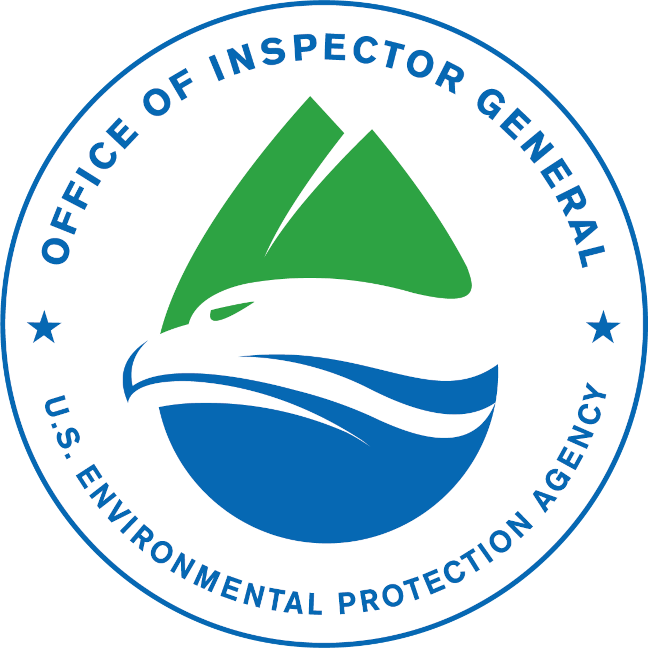WASHINGTON – Today, the U.S. Environmental Protection Agency Office of Inspector General issued five reports of investigation addressing allegations of retaliation by EPA officials. Five Agency scientists reported retaliation for expressing differing scientific opinions in chemical assessments. They alleged they were further reprised against for disclosing allegations of harassment, retaliation, and violations of EPA policy to the EPA OIG. The reports of investigation individually address the specific retaliation allegations made by each scientist and are available on the EPA OIG website.
The investigations conducted by the EPA OIG determined that three out of the five scientists were retaliated against in violation of the EPA’s Scientific Integrity Policy for expressing differing scientific opinions. Of these three scientists, we found that one was also retaliated against after engaging in protected activities in violation of the Whistleblower Protection Act.
The EPA OIG has consistently identified promoting ethical conduct and protecting scientific integrity as a top management challenge at the EPA. The public trusts the EPA to implement its programs in a fair and impartial manner. Failure to do so jeopardizes program integrity and could undermine the public’s trust in the EPA’s actions. Accordingly, all EPA employees should adhere to federal ethics requirements, such as acting impartially and avoiding even the appearance of personal or financial interests that conflict with the conscientious performance of their federal duties. And as our recent work has shown, the EPA needs to ensure that its science is protected not just from inappropriate political influence, but also from malign foreign actors.
As the only independent and objective unit in the EPA, the OIG is uniquely positioned to investigate possible loss of scientific integrity, alleged interference in scientific matters by senior officials, and matters involving censorship and retaliation. No other entity in the EPA possesses our suite of statutory authorities, from the requirement to protect the confidentiality of whistleblowers to the right to timely access to all information available to the EPA.
These investigations underscore the indispensable role of the EPA OIG in protecting scientific integrity and whistleblowers at the EPA. This oversight is vital to upholding the highest ethical standards and fostering an environment where scientists and other employees can express their professional opinions without fear of intimidation, coercion, or reprisal. It is also essential to helping the Agency ensure that its programs and operations are informed by sound science and rigorous, evidence-based decision-making.
“The EPA administrator has emphasized the Agency’s commitment to scientific integrity and science-based decision-making. These reports, and many others we have issued over the last five years, demonstrate that more work is needed to meet that commitment,” said Inspector General Sean W. O’Donnell. “Our recent work illustrates the value of independent oversight at the EPA and the need for the EPA to implement critical recommendations that, without further action, would undermine its own commitments.”
# # #
About the EPA OIG
The OIG is an independent office within the EPA that performs audits, evaluations, and investigations of the EPA and the U.S. Chemical Safety and Hazard Investigation Board. For more information, visit our website and follow the OIG on X, LinkedIn, and Instagram. Anyone with knowledge of potential waste, fraud, and abuse relating to EPA operations and programs is encouraged to report it to the OIG Hotline at (888) 546-8740 or OIG.Hotline@epa.gov.

